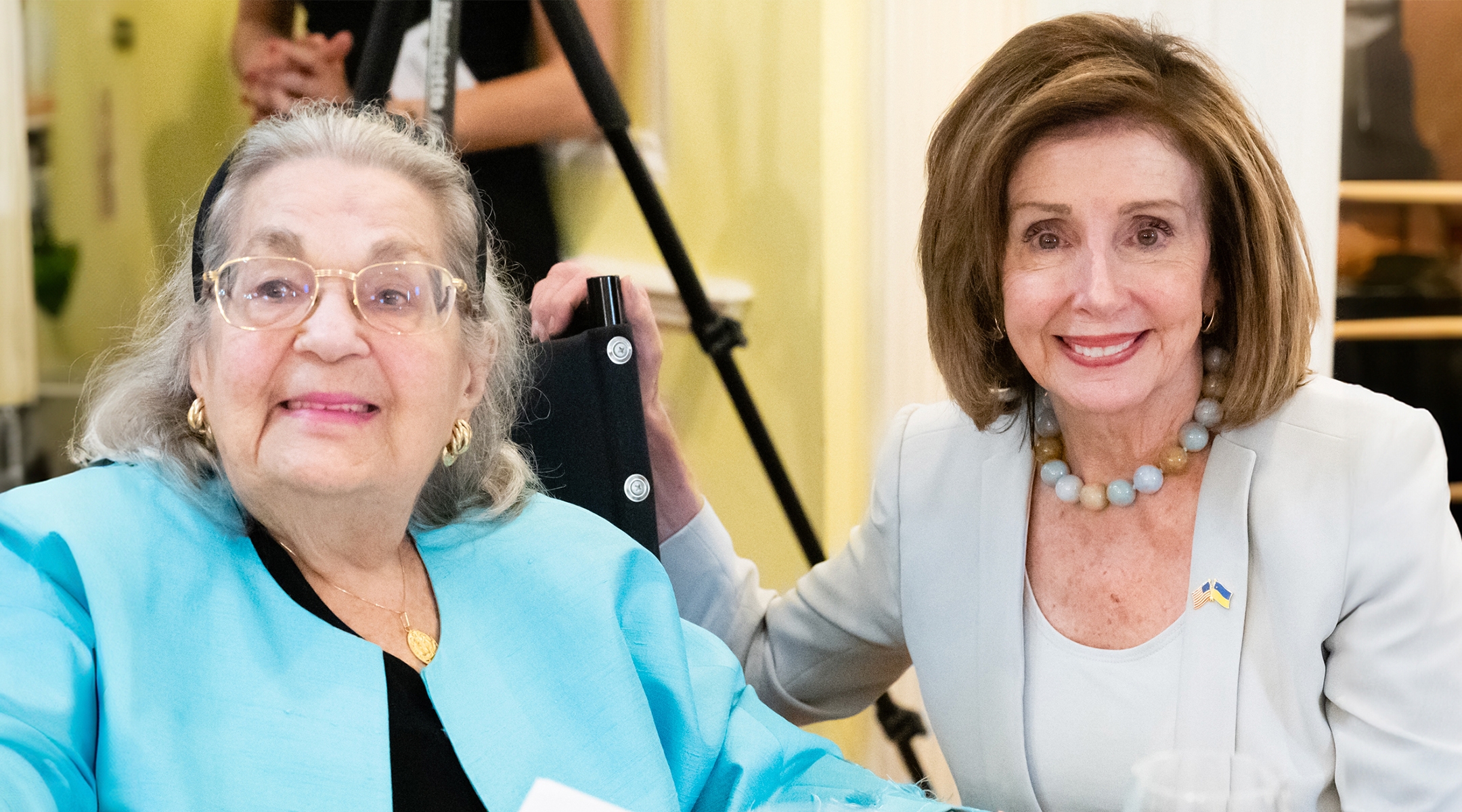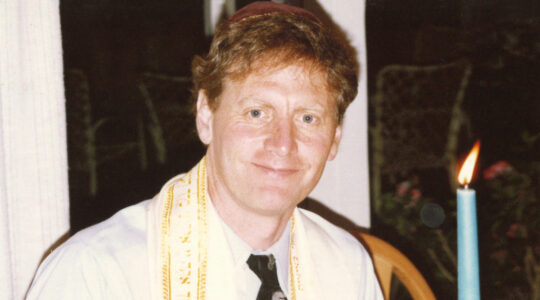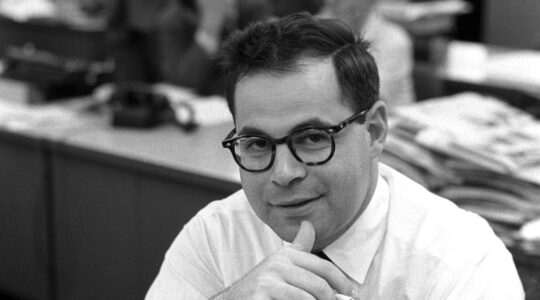This article is also available as a weekly newsletter, “Life Stories,” where we remember those who made an outsize impact in the Jewish world — or just left their community a better or more interesting place. Subscribe here to get “Life Stories” in your inbox every Tuesday.
Esther Coopersmith, 94, the Washington hostess who brokered Mideast peace
Esther Coopersmith, a Wisconsin-born daughter of Jewish immigrants, became one of Washington, D.C.’s best-known hostesses and citizen diplomats. She is credited with introducing the wives of Egyptian President Anwar Sadat and Israeli Prime Minister Menachem Begin — and perhaps greasing the skids for the Camp David Accords brokered by President Jimmy Carter.
“I was very fortunate to know both women, Aliza Begin and Jehan Sadat,” she recalled in 2022. “And I thought it was time to bring them together. They didn’t need some interloper to talk, they could talk directly. So they did, and it worked.”
That was just one highlight of a career as, in the words of the late Sen. William Proxmire, “the Democratic political den mother of all fundraising.’” Married to the wealthy real estate lawyer Jack Coopersmith, she helped raise millions for Democratic candidates, including a first-time candidate named Joe Biden.
“When Esther believed in something – or someone – she would often go to great lengths to show her support. I saw this up close as a 29-year-old candidate for Senate,” the president said in a statement on Friday. “Esther was one of my early boosters, and her belief in me meant the world. Over the years, our conversations inspired, challenged, delighted, and energized me.”
She also turned her Washington homes into meeting places for diplomats from all over the world, and served in her own right as a member of the U.S. delegation to the United Nations, a representative to the U.N. Commission on the Status of Women and a UNESCO goodwill ambassador.
Coopersmith died March 26 at her home in Washington. She was 94.
Sami Michael, 97, Israeli champion of Mizrahi Jews and civil rights
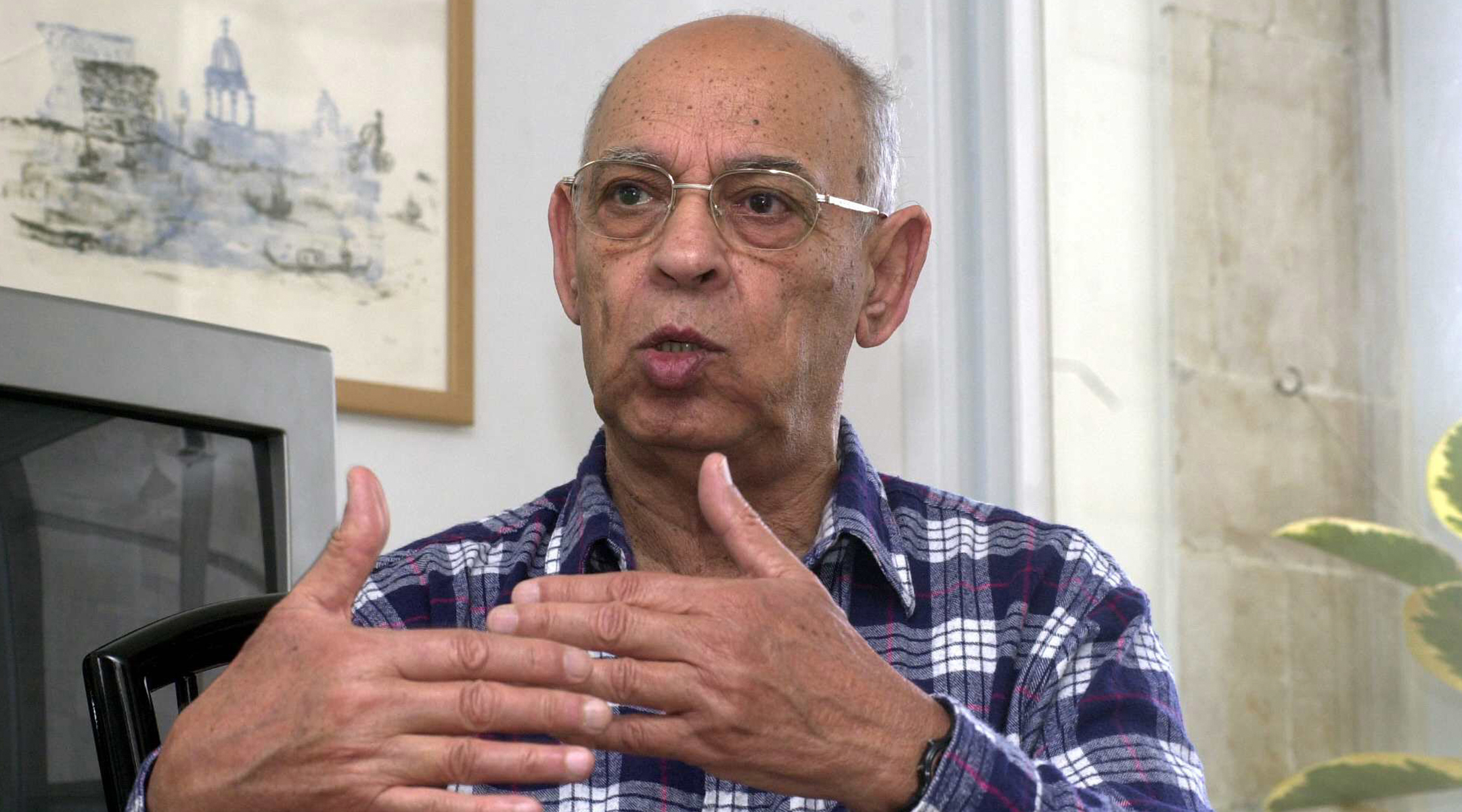
Sami Michael, an Israeli author and the president of The Association for Civil Rights in Israel, May 5, 2004. (Flash90)
Sami Michael was born in Iraq in 1926, fled as a Communist to Iran and made his way in 1949 to a fledgling Israel, where he would later become a leading voice chronicling the marginalization and challenges facing Mizrahi Jewish immigrants from Arab countries. After working as a journalist and a hydrologist, Michael embarked on an award-winning literary career that included children’s books, novels and plays, much of it set in his two home cities of Baghdad and Haifa.
A committed social activist, Michael was the head of the Association for Civil Rights in Israel for more than two decades until last year. In a 2012 essay, he discussed both his pride in the Jewish state and his disappointment in its failure to solve its “most significant problems”:
Israel is the only state established after the Second World War that from the very dawn of its existence became an astounding success story. It could be set up as a model for the scores of countries that emerged from colonial subjection and have not yet achieved their dreams. How is it that this same Israel finds itself, after only a few decades, externally submerged in an insoluble dispute and internally ruptured almost to a state of paralysis? I think that the answer lies in the fact that Israel has never dared to confront itself directly with three basic problems that have accompanied it from the day of its existence: the place of Israel within the Arab world, the social and racial gaps, and the secular-religious divide.
Helma Bliss Goldmark, 98, a Jewish orphan who joined the resistance
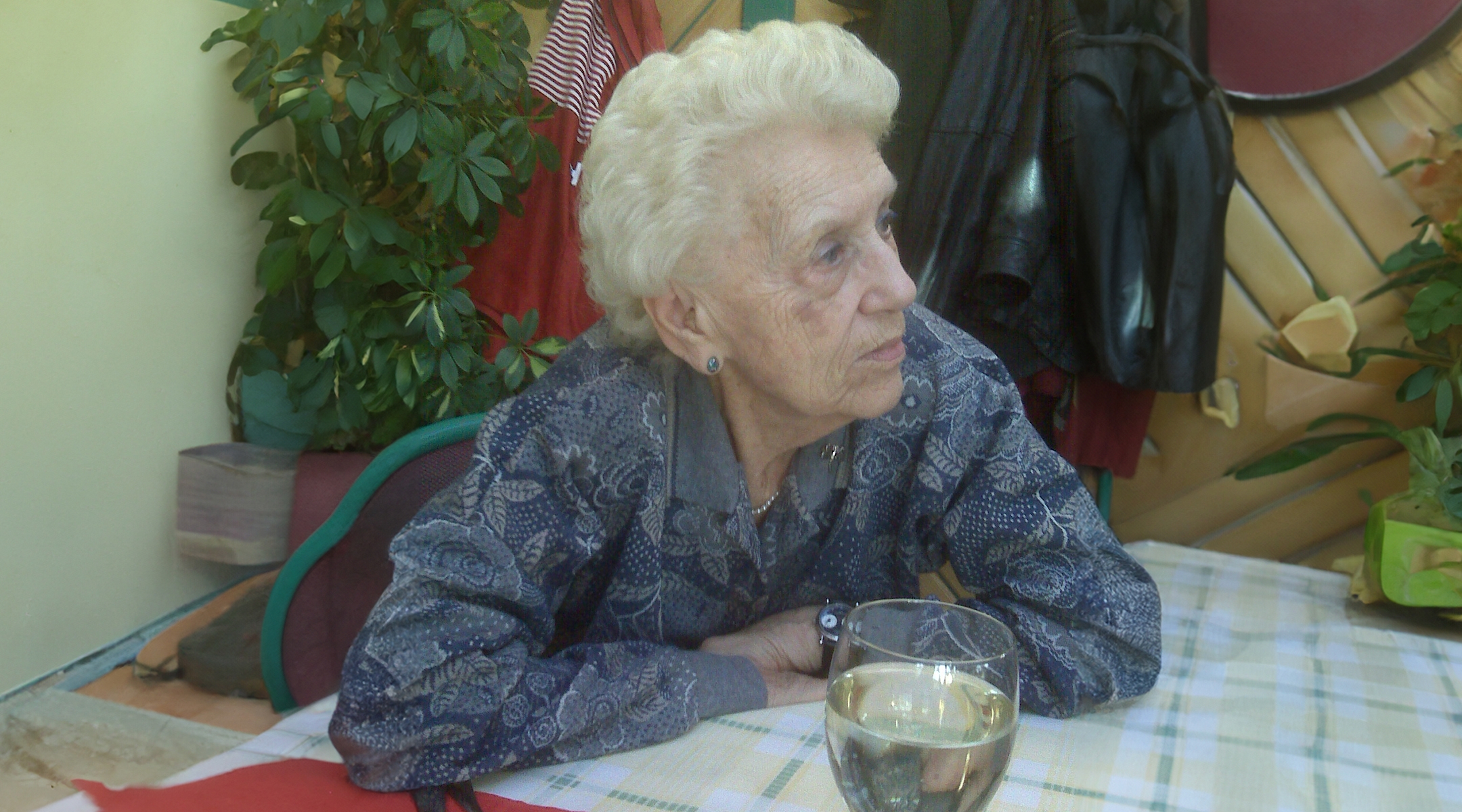
Helma Bliss Goldmark, seen here in 2012, was orphaned at 16 after her father was killed in the concentration camp. (Kurt Huber/Verein für Gedenkkultur in Graz)
Helma Bliss Goldmark, an Austrian-born Jew whose story of survival and resistance under the Nazis was told in the 2010 memoir “Crossing Mandelbaum Gate” by her son-in-law Kai Bird, died March 15 in Bethesda, Maryland. She was 98.
After her father was murdered in a concentration camp, the orphaned teenager joined a resistance cell in Nazi-occupied Rome that issued Jews false documents and ration cards even as she worked under an assumed name as a clerical worker at a Luftwaffe command post.
After the war, she lived in New York before moving to the Washington area in 1991. She assisted fellow immigrants in legal offices translating documents from at least five of the languages she spoke fluently. Bird once said he told this mother-in-law’s story because Israelis and Palestinians don’t “understand each other’s victimhood.”
JTA has documented Jewish history in real-time for over a century. Keep our journalism strong by joining us in supporting independent, award-winning reporting.
